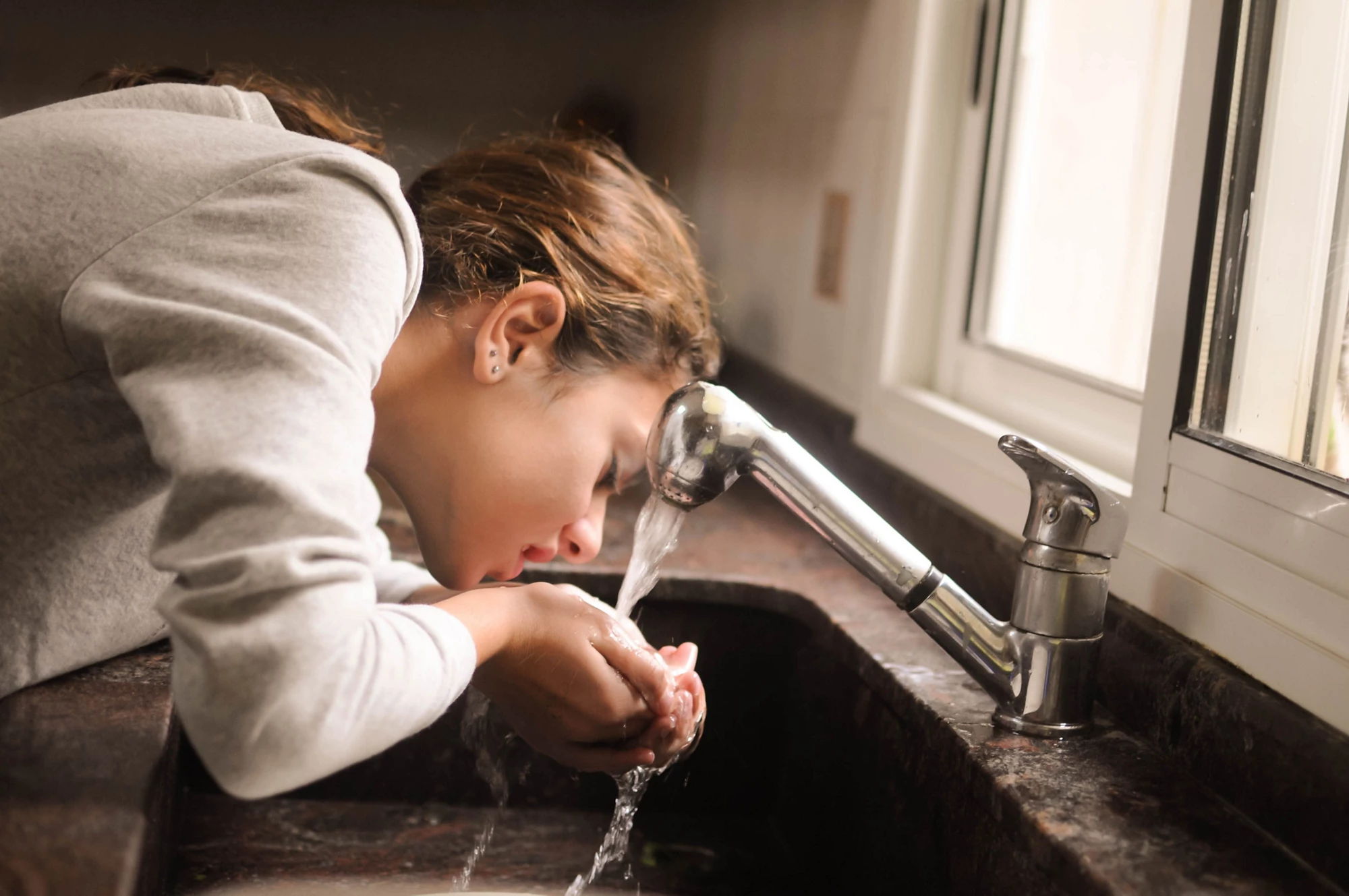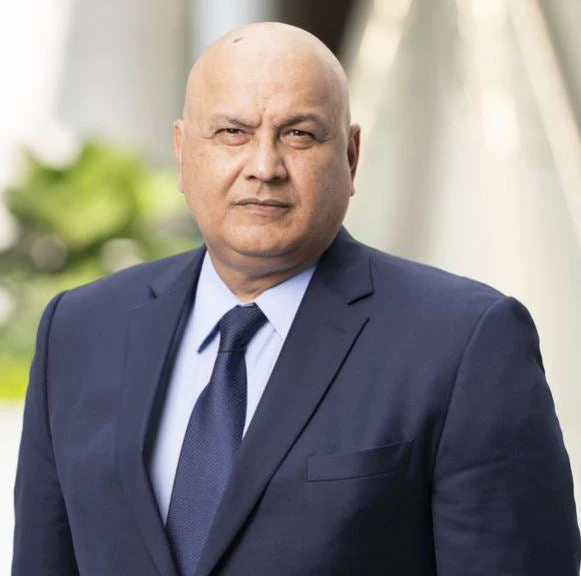
In many ways, Beirut is the capital of resilience and generosity. Over the centuries, the city has embraced, and continues to embrace, civilizations and cultures of diverse backgrounds and colors, and today, it stands as resilient as ever in the face of subsequent protracted crises in its neighborhood.
Despite all of their natural advantages, though, residents of Beirut are sorely lacking in one basic ingredient of life – water. Beirut’s roads attest to this reality, as they often get clogged with water tanks, whose roaring engines provide a backdrop to the sounds of the city. Lebanon’s severe water shortage affects 1.6 million people in Beirut and the Mount Lebanon area, but especially the poorest neighborhoods of the city where 460,000 residents living on less than $4 a day have to make do with only a few hours of drinking water each day. In some parts of the city, that can be as low as three hours a day in summertime, the peak of the crisis.
After having lived here in Beirut for more than a year now, I have found that almost every resident of Beirut can tell you about their own unique strategy for obtaining water and dealing with the water crisis. Most resort to buying expensive water bottles or water from private tanker trucks that are a common sight on Beirut streets. This high cost of water hits the poor hard, with families spending an average of up to 15 percent of their income each month on water, money they could instead be allocating to healthcare or education.
The irony is that the solution to the country’s water woes lies in Beirut’s backyard, up in the mountains close to its coast. Most of Lebanon’s fresh water is stored in mountain snowcaps or filters into the ground, feeding the thousands of wells that supply water to the capital of Beirut and its surrounding areas along the way. The pity is that each year, the rest of the water rushes off into the sea instead of being captured and re-channeled to people who can use it for drinking water.
For years, the Lebanese government, civil society, academia, and international partners have examined how best to solve the country’s water crisis. The Lebanese government decided already back in the 1950s to capture some of Lebanon’s abundant rainfall by building a dam next to the town of Bisri to capture and re-channel the water for use by residents of Beirut and the Mount Lebanon area. Under the plan, which is supported by the World Bank, the fresh water would travel naturally by gravitational pull through a 26-kilometer tunnel and be treated for quality at the Wardaniyeh water treatment plant before providing residents of Beirut with safe and clean drinking water.
In recent months, some concerns have been expressed about the safety of the planned Bisri dam and its impact on the area’s environment and biodiversity. Under the project, two international panels of independent experts have been hired to review dam safety and environmental and social aspects of the project. The Lebanese Council for Reconstruction and Development (CDR), the implementing agency, has held numerous consultations with Lebanese citizens and civil society groups about the planned Bisri dam and the World Bank has also met often with non-governmental groups. About a week ago, the independent Inspection Panel of the World Bank also found that the Bank is correctly following its procedures and policies in supporting the water projects it is funding in Lebanon.
Bisri is clearly a vital development project that would benefit many Lebanese people, especially the poorest. The Bank will continue partnering with the Lebanese government and CDR in engaging with Lebanese citizens in an open and inclusive dialogue about the Bisri water supply project.
The World Bank takes pride in its unique relationship with Lebanon, and stands ready to support Lebanon in harnessing some of its natural resources in a sustainable way. The Bank reiterates its commitment to serve the Lebanese people while fully respecting and safeguarding its natural landscape and social fabric, in the most secure and sustainable manner. We take this responsibility very seriously, as this project has been designed to benefit all citizens, particularly those who are unable to sustain additional financial burden in view of the current circumstances. The objective is developmental and our aim is to support and benefit the Lebanese citizens through ensuring that clean potable water reaches every household.
To learn more about the Bisri project, please visit our website at www.worldbank.org/en/programs/bisri-dam.
The writer is the World Bank’s Mashreq Regional Director.


Join the Conversation